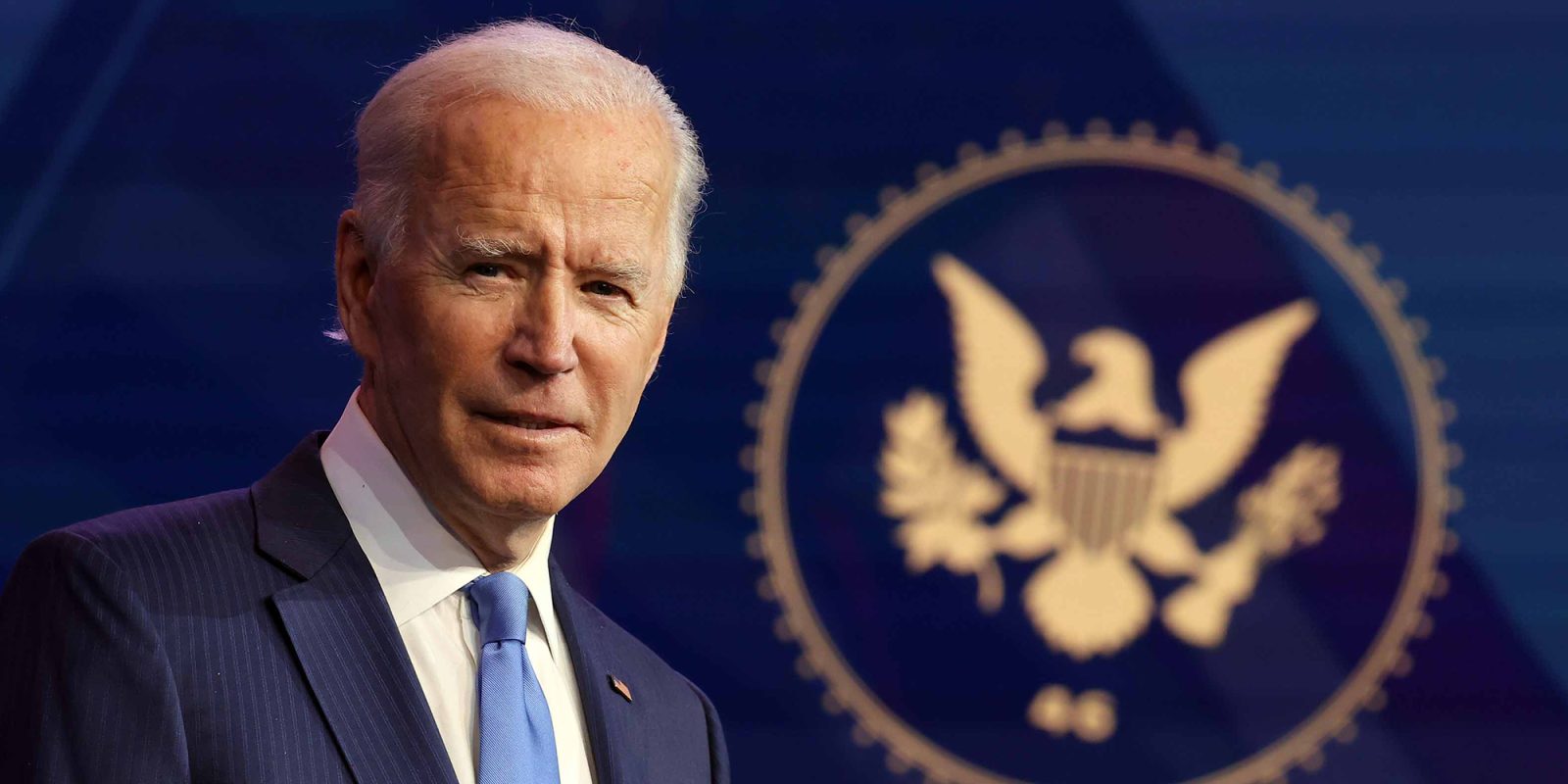
The Biden administration is expected to announce on Friday what will disqualify EVs from eligibility for the $7,500 subsidy. However, the government is reportedly discussing granting automakers a temporary reprieve from the proposed restrictions on EVs containing battery parts or materials coming from China.
The requirements, which were part of Biden’s landmark climate law, will not allow tax breaks for vehicles containing battery components or critical minerals from foreign entities of concern starting in 2024 and 2025, respectively. On Friday, the Biden administration is expected to put the finer points on what this all means, what will quality and what won’t, which will be critical to shaping the EV market in the US with massive potential sales implications for the industry.
The rule is a major push to get automakers to rely less on a Chinese-dominated supply chain. But of course, some automakers are left waiting to hear before moving forward on deals or investments to build EV batteries or acquire critical materials.
The Inflation Reduction Act has funneled huge investments into building a battery and other materials in the US, with 14 battery plants under construction in the country. But many are predicting that it’s way too early for these to bear fruit. If the new plans disqualify batteries with even minor contributions from Chinese companies, very few, if any, EVs would be eligible for the credit, which could potentially slow the transition from gas-powered cars to electric ones even more.
Tesla has already told customers that the new rules will likely remove or reduce the tax credit for Tesla vehicles next year.
“We’re in ongoing discussions,” Democratic Sen. Debbie Stabenow of Michigan told Bloomberg regarding the potential temporary reprieve for automakers. “I certainly weighed in to express support for the concerns of the automakers.”
“The Inflation Reduction Act is increasing our energy security by encouraging investments in America and building secure supply chains,” the Treasury Department said. “By building in America with American workers, we are putting the United States and US automakers in a position to lead the clean energy transition and pushing down costs for clean energy technology.”
Democratic Sen. Joe Manchin told Bloomberg that he plans to push back if the administration softens its stance on EV materials coming from adversarial nations. “We’re going to hold them very much to the intent of the bill and not the intent of what they want,” Manchin said. “They are trying to implement a piece of legislation they couldn’t pass.”
FTC: We use income earning auto affiliate links. More.

